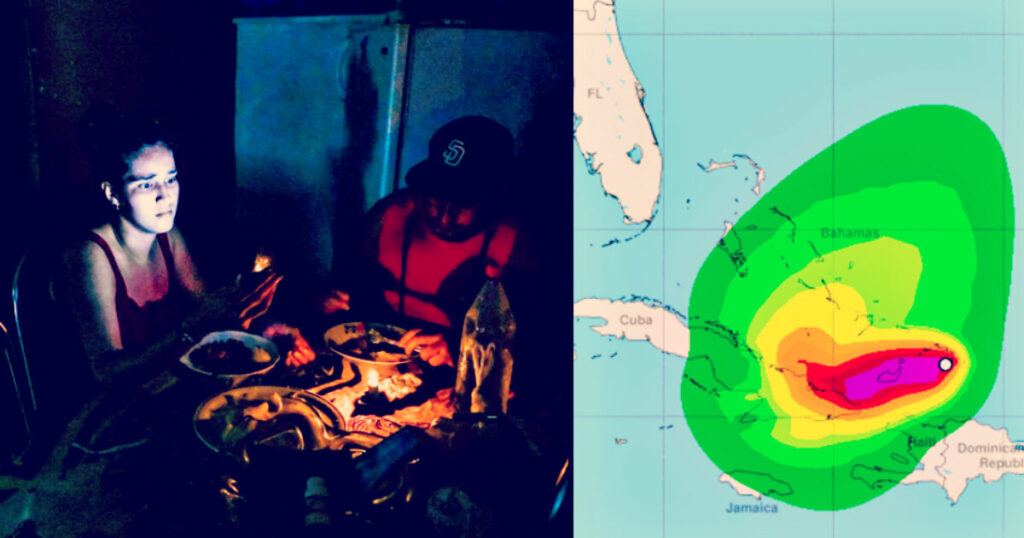The current situation in Cuba is characterized by a deepening crisis that embodies the profound challenges faced by the nation under its communist regime. Recently, authorities imposed strict limitations on food purchases, restricting each citizen to just 345 grams of chicken per month, equivalent to a mere 0.7 pounds. This measure is indicative of the wider economic turmoil plaguing the island, which many continue to refer to as a “Socialist Paradise” despite the evident struggles of its citizens. The government’s handling of resources and economic policies has fostered an environment where access to basic food items remains severely constrained.
In recent days, Cuba’s national electrical grid suffered a catastrophic collapse, a dire event that occurred not once but twice within a 24-hour period. The largest power plant on the island failed to function, leading to a nationwide blackout that only exacerbated an already severe crisis. Efforts to restore electricity have been hampered by ongoing logistical challenges, and the authorities have struggled to provide an adequate response to the situation. In the wake of this disaster, Cubans find themselves enduring prolonged periods without power, compounding their already significant hardships related to food, medicine, and fuel shortages.
By Saturday evening, government officials claimed to have made some progress in restoring power; however, these assertions were quickly undermined by reports of a further partial grid failure. The uncertainty around when electricity would be fully restored heightened tensions among citizens, particularly those in Havana, where approximately two million people were left to navigate life without basic services. As electricity technicians labored to address the issues, the government did not furnish a timeline for resolution, leaving people with rising anxiety about their immediate future.
Despite some reports indicating that the Antonio Guiteras power plant was coming back online, progress remained slow and fraught with setbacks. By Sunday morning, many in Havana awoke once again to darkness, signaling a continuing crisis that had become increasingly dire. The failures of the electrical grid directly impacted daily life, with citizens lining up for limited, government-subsidized rations while grappling with the chilling prospect of what might come next. This compounded front of crises highlights the precariousness of living conditions in Cuba.
Moreover, the troubles of the electrical grid are compounded by the impending threat of Hurricane Oscar, which struck the northeastern region of Cuba with alarming winds reaching speeds of 100 miles per hour (161 kph). The hurricane has added a further layer of complexity to the already chaotic restoration efforts, presenting unique challenges to a government that has struggled to maintain order in infrastructure and service delivery. As circumstances deteriorate, the resilience of the public is being tested amidst the compounded effects of natural disasters and governmental failures.
Recent reports have indicated that civil unrest could be brewing among the populace, with small protests erupting in response to the electrical failures. Videos surfaced on social media depicting demonstrations in various parts of the capital, showcasing the rising discontent among citizens. Many people are openly expressing their frustration with the government’s responses to the crisis, prompting a realization that the strain of ongoing hardships may ultimately lead to broader calls for change. The combination of power outages, food scarcity, hurricane damage, and civic unrest underscores the volatility of the situation and the urgent need for effective action to address the mounting crises facing Cubans today.

